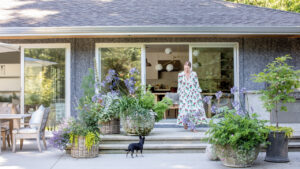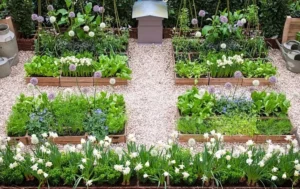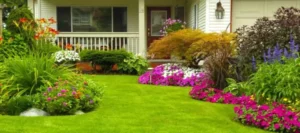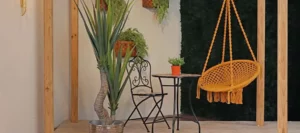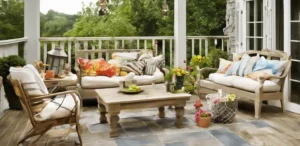How to Choose the Right Pool Screen: Protect and Improve your Aquatic Space
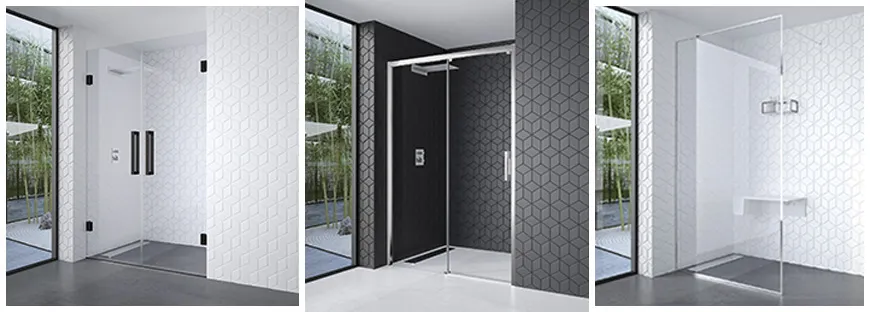
Pool screens are essential elements to ensure safety and comfort in your aquatic area. In addition to protecting the pool from outside elements, such as leaves and debris, they can also keep the water clean and free of debris. Choosing the right pool enclosure is an important decision, as there are various types, sizes, and features available on the market. In this article, we will provide you with a detailed guide on how to select the ideal screen for your pool, taking into account key aspects such as material, design, functionality and safety.
Screen Material:
The material of the pool screen is an important factor to consider, since it affects both its durability and its aesthetic appearance. Pool screens can be made of different materials, such as tempered glass, acrylic, polycarbonate, and aluminum. Tempered glass is a popular choice due to its strength and transparency, which allows a clear view of the pool. Acrylic is another durable and versatile option that offers greater flexibility in terms of design and colors. Polycarbonate is impact resistant and has thermal insulation properties, while aluminum provides a strong, corrosion-resistant structure. Evaluate your aesthetic preferences and environmental conditions to select the most suitable material for your pool screen.
Design and style:
The design and style of the pool enclosure can vary considerably depending on your preferences and the general design of your outdoor space. Pool screens can be fixed, sliding or folding. Fixed screens offer a solid and permanent barrier around the pool, while sliding and folding screens provide greater versatility and ease of use. Additionally, you can choose between framed or frameless partitions, which affects the aesthetics and visual feel of the partition. When selecting the design and style, be sure to consider functionality and accessibility, as well as consistency with your garden or patio décor.
Height and Dimensions:
The height and dimensions of the pool screen are crucial to ensure adequate protection. The height of the screen must be sufficient to prevent small children or pets from entering the pool without supervision. In addition, the screen must extend around the entire perimeter of the pool to offer complete protection. Measure the pool area and consider the desired height to ensure the screen will fit correctly and meet the necessary safety requirements.
Security and Access:
Safety is a primary consideration when choosing a pool enclosure. Make sure that the screen has a secure closing system to prevent children from accessing the pool without adult supervision. Some screens come with locks and latches that can be locked, providing additional protection. Also, choose a screen that offers easy and comfortable access to the pool for adults. Sliding or folding screens can be an ideal option, since they allow the screen to be opened and closed easily.
Maintenance and Durability:
The pool screen will be exposed to weather conditions and contact with water, so it is important to select a model that is resistant and easy to maintain. Materials such as tempered glass and acrylic are easy to clean and maintain in good condition. Also, make sure the screen is made of durable materials that can withstand exposure to the sun, moisture, and other environmental factors without deteriorating quickly.
Conclusion:
Choosing the right pool screen is an important step to protect and improve your aquatic space. Consider key aspects such as material, design, functionality, safety, and durability when selecting the ideal screen for your pool. Remember that the pool screen not only protects the pool from external elements, but it can also improve the general aesthetics of the pool area and offer greater comfort for users. With a well-chosen screen, you can enjoy your pool with peace of mind, knowing that it is protected and ready to provide you with refreshing and pleasant moments in your outdoor space.

